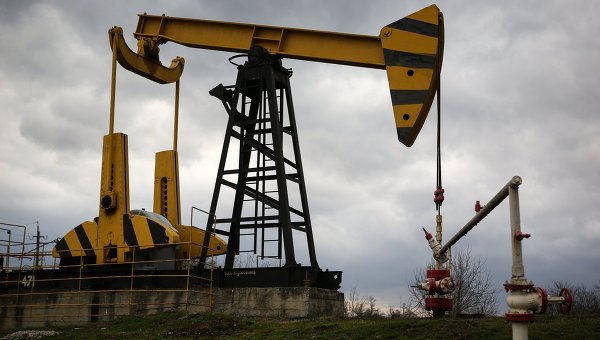Baku, Azerbaijan, Feb. 9
By Elena Kosolapova - Trend:
Kazakhstan plans to compensate the expected reduction of oil production in 2016 by commissioning the Kashagan field in the future, said the country's Energy Minister Vladimir Shkolnik.
He made remarks about it at a meeting with the Kazakh President Nursultan Nazarbayev, said the press office of the president.
Kazakhstan produced 79.5 million tons of oil in 2015, including gas condensate, which is 1.7 percent less than in 2014.
It was reported earlier that the reduction of up to 77 million tons due to the depletion of deposits is expected in Kazakhstan in 2016.
The minister noted that low oil prices forced all Kazakh companies to review their budgets towards reducing and be seriously engaged in the reduction of production prices.
The measures taken by the ministry and the government to overcome the crisis due to the low hydrocarbon prices also were also reviewed during the meeting.
The president drew attention to the need for implementation of all perspective projects in the energy sector, including the commissioning of Kashagan field, the project for expanding the Tengiz field, and the second phase of expanding the Karachaganak project.
Kashagan is a large oil and gas field in Kazakhstan, located in the north of the Caspian Sea. The geological reserves of Kashagan are estimated at 4.8 billion tons of oil. The total oil reserves amount to 38 billion barrels; some 10 billion out of them are recoverable reserves.
There are large natural gas reserves at the Kashagan field - over one trillion cubic meters.
The production at the Kashagan field started September 2013, but in October, it was ceased after a gas leak in one of the main pipelines. The analysis revealed numerous cracks in the pipeline, which needed to be completely replaced.
The project's operator, the North Caspian Operating Co. (NCOC) confirmed the need for a complete replacement of the gas and oil pipelines, which have a total length of about 200 kilometers.
The production at the Kashagan is expected to resume in late 2016.
---
Follow the author on Twitter: @E_Kosolapova






